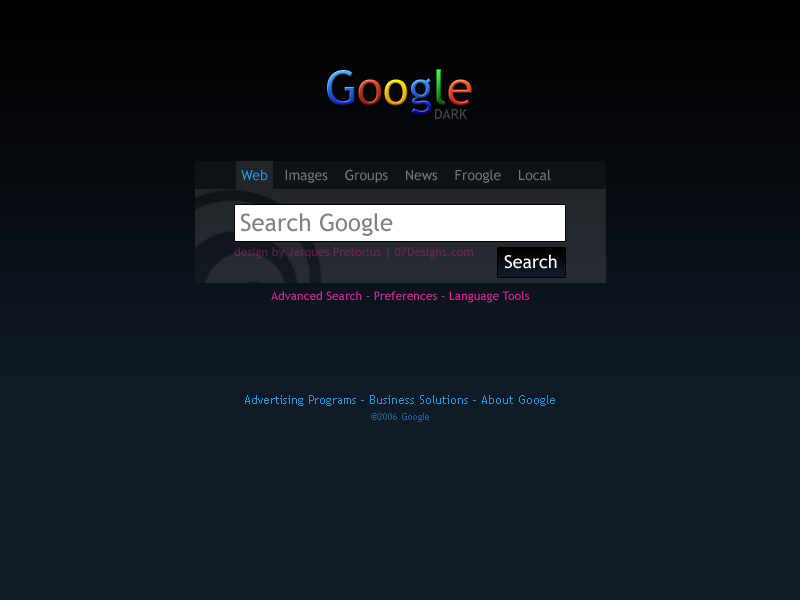The case Search King, Inc. v. Google Technology, Inc. (Case No. CIV-02-1457-M) was filed on May 27, 2003 in the U.S. District Court for the Western District of Oklahoma. Search King, a corporation based in Oklahoma, brought the case forth over a claim that a lowering of the company’s page rank on Google’s search engine resulted in tortious interference in Search King’s business. This interference resulted in a loss of profits for Search King, whose prior higher ranking allowed the company to charge more for ad space.
The case, which was initiated by Search King in 2002, was dismissed by the District Court in on May 27, 2003 on the basis of 12(b)(6) Motion to Dismiss. A 12(b)(6) motion refers to the failure of the plaintiff to state a claim for which the court can grant relief. Here is an overview of the case, the issues in question, and the reason why a 12(b)(6) motion was granted to Google.
History of the Case
Search King formed as a domestic for-profit corporation on October 23, 1998. The company was created as a specialty search engine company that competed with the likes of Google and Yahoo!, the leading search engines of the time. The company converted its status to a limited liability corporation with a limited presence on the web as a search engine service.
From February 2001 to July 2002, Search King maintained a search engine page ranking on Google of 7. Page rankings, known as PageRank by Google, were based on a mathematical algorithm, which forms the basis for the ranking of websites by the company. The algorithm looks at different factors, including the number of links to a website and text matches that result in the web page it references. The results of these factors determine the positioning of a website in a search engine result when certain keywords are typed. PageRank are subjective but cannot be purchased by a company.

Search King, created its PR Ad Network (PRAN), which served to bring high-ranked websites together with their clients for listing purposes, charging their clients a fee and sharing compensation with the listing website. A drop in the PageRank of both Search King, and PRAN (which received no rank) resulted in a loss of business for Search King.
Questions at Issue for the Case
The question brought before the court by Search King, in its case against Google alleged that Google intentionally and maliciously lowered the ranking of Search King and PRAN in an attempt to interfere with the company’s contractual relationships and disrupt the competitive model to Google’s core search engine business. Google countered that its PageRank service constituted free speech by the company subject to the protections of the First Amendment and that such rankings were a form of protected speech.
Summary of the Decision
In its cause of action against Google, Search King’s assertion to the judge that tortious interference under Oklahoma law by Google required: (1) Search King to prove that Google interfered with its contractual relationships; (2) the interference was intentional; and, (3) and Search King suffered as a result. The judge ruled that PageRank was protected speech and as such could not cause tortious interference on the defendant. The court granted Google’s motion for 12(b)(6) dismissal.
Byline
Keith Brandenburg writes on the tech industry, SEO, gadgets, software, computers, accessories (such as the kensington ipad covers), gizmos and other related matters.
Image credit goes to Jarques Pretorius.





























No Comments
Leave a comment Cancel